On the 1st of April, the National Living Wage (NLW) and Minimum Wage are set to increase again, with the NLW increasing by nearly 5%. The rates, which are reviewed yearly by the government, are advised by the independent body Low Pay Commission and rise to match inflation.
The levels of National Minimum Wage (NMW) differ dependant on your age and whether you are an apprentice. If you’re aged 25 or over, you’ll be paid the National Living Wage. Almost all workers are entitled to the National Living Wage or National Minimum Wage, which is the minimum pay per hour.
The government have pledged that the National Living Wage, which came into effect on the 1st of April 2016, will reach £9 by 2025.
Agricultural Workers
Agricultural workers in Northern Ireland are entitled to the Agricultural Minimum Wage (AMW) rates which differ from the National Living Wage and National Minimum Wage. AMW must be paid to Agricultural workers unless the NLW or NMW rate is higher.
What this means for employees
For full-time workers over 25, the extra 38p an hour could equate to almost £800 extra a year. The rates come into effect on the 1st of April immediately and will be reflected in any pay after this date.
If you’re not being paid the National Living Wage or National Minimum Wage and think you should be, you can contact the ACAS Helpline for free advice or make a complaint about your employer.
What this means for employers
As an employer, you are legally required to pay workers the above rates from the 1st of April. There are a few rules to these rates – Apprentices are entitled to the apprentice rate if they’re either aged 19 or under or they are over the age of 19 but in the first year of their apprenticeship.
Failure to meet the required rates could result in a fine and be featured in the annual “name and shame” list.
If you’re an employer or an employee who needs advice on the latest changes, get in contact with the Bluestones Staffing team now.










